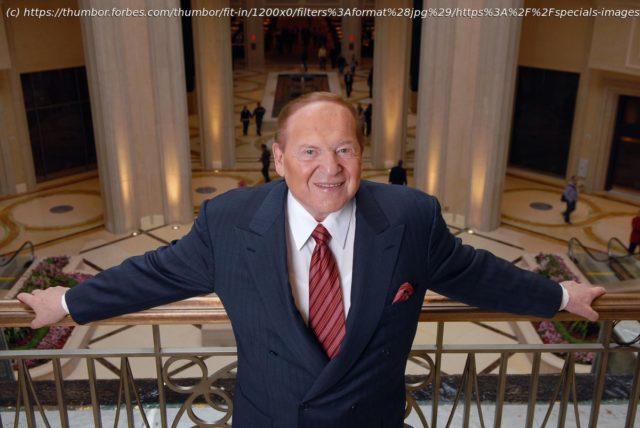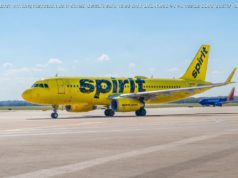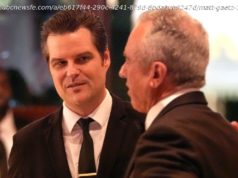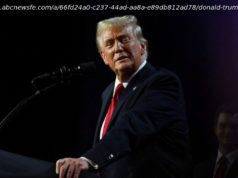Sheldon Adelson used contrarian vision and make-or-break bets to create an empire that changed casinos and entertainment around the world, and Reblican politics in America
Sheldon Adelson only bet big. Whether he was wagering on a new casino location, a controversial business model, or a conservative political candidate—he’d make his pick and throw hundreds of millions of dollars, often billions, behind it. More than anyone, he bet on himself— ignoring critics, rivals and often his executives as he laid his fortune on the line to back long-odds bets—damn the consequences. “Some people call me an optimist,” Adelson told Forbes in 2012. “The fact is that my appetite for risk was far greater than other people, and my courage in my own conviction was unshakable.” His conviction could bring Las Vegas Sands on the brink (during the 2008 credit crisis, his refusal to refinance debt and or pause construction on Macao casinos nearly destroyed the company). But Adelson’s bets eventually paid off. With his business winnings Adelson, who died January 11 from complications related to the treatment of non-Hodgkin’s Lymphoma, made himself a power player in casinos, hotels, media and politics. At the time of death, Forbes estimates he had a net worth $35 billion, making him the 19th richest person in the world. The fortune gave Adelson outsized influence that stretched beyond his walled kingdom on the Las Vegas strip to entertainment empires in Macau and Singapore, newspapers in Israel and Nevada, and most recently in halls of Washington D. C where he played the role of Republican kingmaker whose nearly-limitless donations could fuel or foil political careers. Slums To Slots Adelson’s fate as a conservative kingpin was far from preordained. He grew up in Boston’s then-rough Dorchester neighborhood. His parents were Jewish immigrants, his father from Lithuania, his mother from Wales. The family lived in a one bedroom walkup where the parents got the mattress and the kids slept on the floor. The streets taught Adelson, who never shied away from a public spat, how to fight. “We had to go to school with at least four kids,” Adelson told Forbes about the anti-Semitism in the neighborhood when his was young. “The Irish kids came out of the bushes and tenements with rubber hoses and chains and brass knuckles.” He took refuge in business, selling papers at age twelve and later buying vending machines to place in busy gas stations where taxi drivers (his dad drove a cab) fueled up 24-hours a day. After high school he joined the Army, sold advertising in financial publications and later began brokering deals between small banks and start-up businesses in need of funding. Soon he was organizing syndicates of suburban banks to back commercial real estate and later jumped into the burgeoning condo markets. As he told Forbes: “it was back in the 1970s when most people thought a condominium was a form of birth control.” Next came hotels and then Interface, his trade show company that would eventually start Comdex—the essential tech summit at the dawn of the 1980s computer revolution. Based in Las Vegas, Comdex attracted more than 100,000 guests a year. In 1989, he had enough revenue to go from renter to owner, buying the Sands casino for $129 million. In 1995 he sold the Comdex conference to Softbank for $890 million and plowed the proceeds into the Venetian—a $1.5 billion Las Vegas casino that helped shape the future of Sin City with suite-only rooms, high-end retailers and restaurants, and massive event spaces. The Global Casino Kingpin The Venetian strategy was a success, and Adelson scouted the globe for other cities to repeat the recipe. First came Macao—a once seedy port town a few hours from Hong Kong—which was quickly transforming into China’s Vegas Strip. The Sands Macao—a barebones casino with a small hotel attached—arrived in 2004.
Start
United States
USA — mix The Improbable Life Of Sheldon Adelson, Republican Kingmaker And Casino Billionaire






